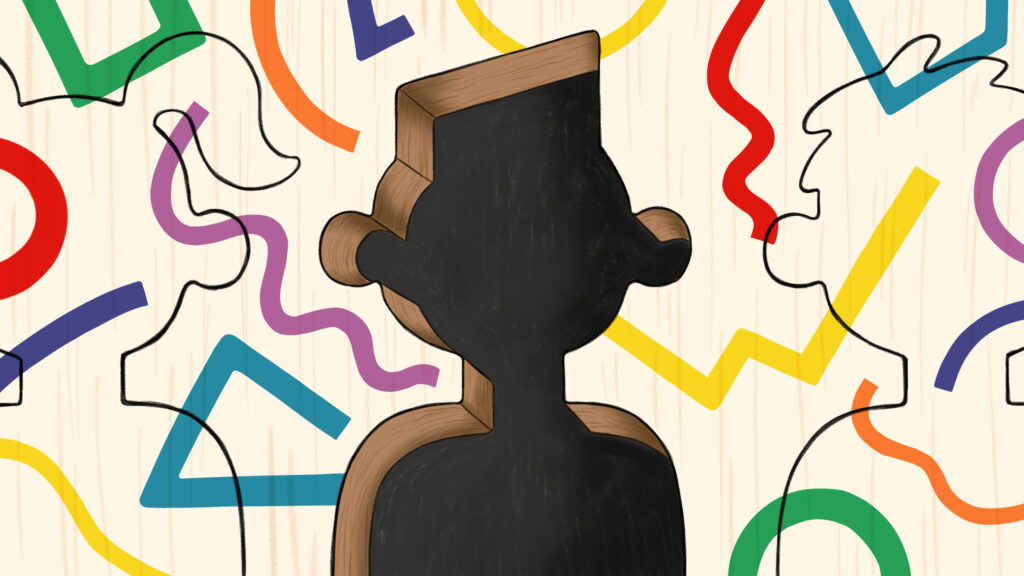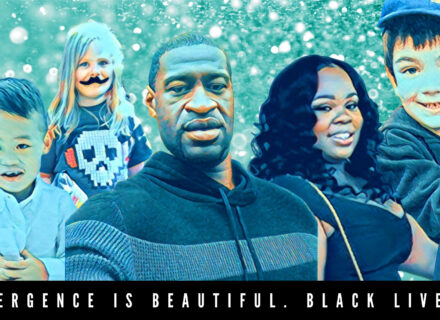The Mis and Under-diagnosing of Autistic Bodies and Their Correspondence with Blackness

Curator’s Statement
Welcome! My name is Jessica and I am currently a senior at Trinity College in Hartford, CT. While I am an American Studies Major and a Legal Studies Minor, my studies have had a distinct emphasis on Disability Studies. I am enrolled in a course entitled “Autistic Blackness,” in which I have had the opportunity to explore the intersections of race and disability, and more specifically between Blackness and autism. Throughout the course I have been able to develop a more nuanced understanding of the ways in which these identities can converse with one another, which has led me to the creation of “Miss Understood: The Mis and Underdiagnosing of Autistic Bodies and Their Correspondence with Blackness.”
It has been historically and statistically proven that minority (especially Black) Autistic people are more often under-diagnosed and misdiagnosed than their white counterparts. I seek to further understand the ways in which Blackness and Autism intersect at one of the most poignant parts of both medical and social autistic discourse. However, I more specifically explore the ways in which social media can impact these practices. I do this by analyzing social media posts that confront these issues, while simultaneously amplifying Black Autistic voices and experiences. Additionally, I employ additional scholarly resources and external research to contextualize my topic, support my exploration, and solidify my argument.
My approach to this topic is one that actually began earlier in the year, as I examined one only specific social media post and analyzed the way in which it represented larger systemic issues of the underdiagnosing, and thus inaccurate profiling of Black Autistic people, that plagues the Black, Autistic, and Black Autistic communities. That work very much served as the foundation upon which this expansion is built, enabling me to have a more well-rounded understanding.
This work is distinctly important, as it contributes to efforts to shed light on underrepresented issues that plague the lived experiences of others, but it is also important for me to note that I am not in fact Autistic. This matters as I am in no way attempting to provide commentary on other’s experiences, but rather amplify the stories that have so candidly been shared, and contextualize them within the scholarly discourse that I have uncovered. Though I am discussing these concepts, I am doing so from a very privileged vantage point, as I will never truly understand how the answers to my research questions impact those who are Black, Autistic, mis, or underdiagnosed.

